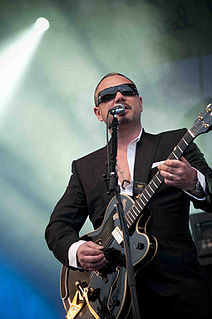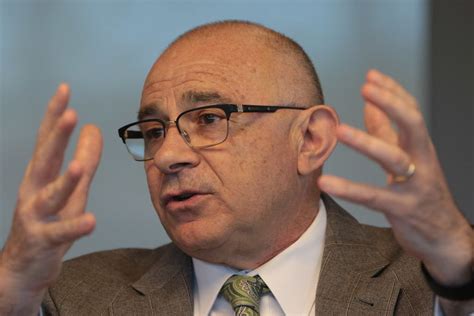A Quote by Jimmy Barnes
No matter how much poverty you grow up with, you shouldn't be subjected to violence and abuse.
Related Quotes
I think we start suffering as soon as we come out of the womb. I think that people tend to stereotype. When they think of suffering, they think of abuse - physical abuse, emotional abuse, poverty, that kind of thing. There's different levels of suffering. I don't think that it has to do with how much money you have - if you were raised in the ghetto or the Hamptons. For me it's more about perception: self-perception and how you perceive the world.
I must remind you that starving a child is violence. Suppressing a culture is violence. Neglecting school children is violence. Punishing a mother and her family is violence. Discrimination against a working man is violence. Ghetto housing is violence. Ignoring medical need is violence. Contempt for poverty is violence.
We think of violence as being conflict and fighting and wars and so forth, but the most ongoing horrific measure of violence is in the horrible poverty of the Third World... and the poverty in the United States as well. We have our own Third World here. And we have to first become aware of that and how to help and solve that.
During my eleven years as a New York City public school teacher, I saw firsthand the impact that poverty has on the classroom. In low-income neighborhoods like Sunset Park, where I taught, students as young as five years old enter school affected by the stresses often created by poverty: domestic violence, drug abuse, gang activity.



































